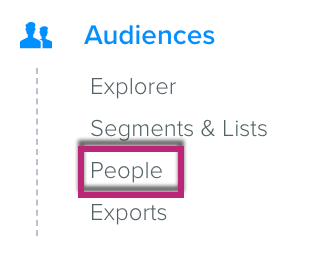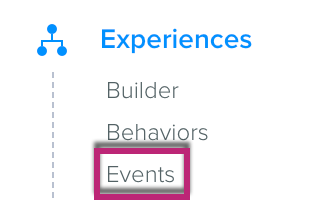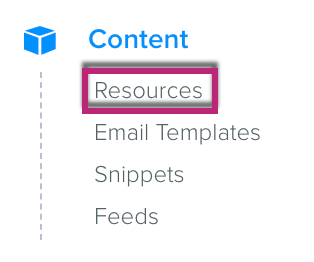Key Concepts

Key concepts have always been the key to gaining a clear understanding and definition of the subject at hand. More such collected information forming data sets provide a written reference for the users to look back at, whenever in need or interest. In the light of the same, our CDP Plus utilizes three primary sets of data to help you automate and personalize your marketing efforts within the Zeta Marketing Platform.

While Users and Events have flexible, schema-less data structures and are stored in a non-relational database, Resources have an established schema to maintain consistency.
People
People are the individuals that make up your audience. People’s records have properties associated with them that can be used for segmentation and within the content.
Have a look at a few examples of user properties:
First Name
City
Subscription Preferences
People can be imported manually in the UI via API, p13n.js (our client-side JavaScript library), and SFTP. Towards the end of this guide, we will perform a manual user import.

Events
Events are real-time actions taken by people and/or are things that can happen to people in real-time. Events can also be used for segmentation, within the content, and perhaps most importantly, to trigger messages or experiences at a 1:1 level in real-time.
Have a look at a few examples of events:
Purchases
Page Views
Email Opens
Events for identified people appear in the associated user’s profile journey.
Our AI uses Standard Events to influence our Recommendations engine on an individual level. This can further be used to serve relevant Resources (elaborated below) to people in emails or on your website with a client-side website integration using p13n.js.

Resources
Unlike People and Events, Resources are items that should be used in content via our Recommendations engine or with a Resource lookup.
Have a look at a few examples of resources:
Articles
Products
Episodes
Store locations
Sporting events.
You can store multiple types of resources to be used in the content, wherever appropriate.

Without any further ado, let's get started with importing our first users >>
